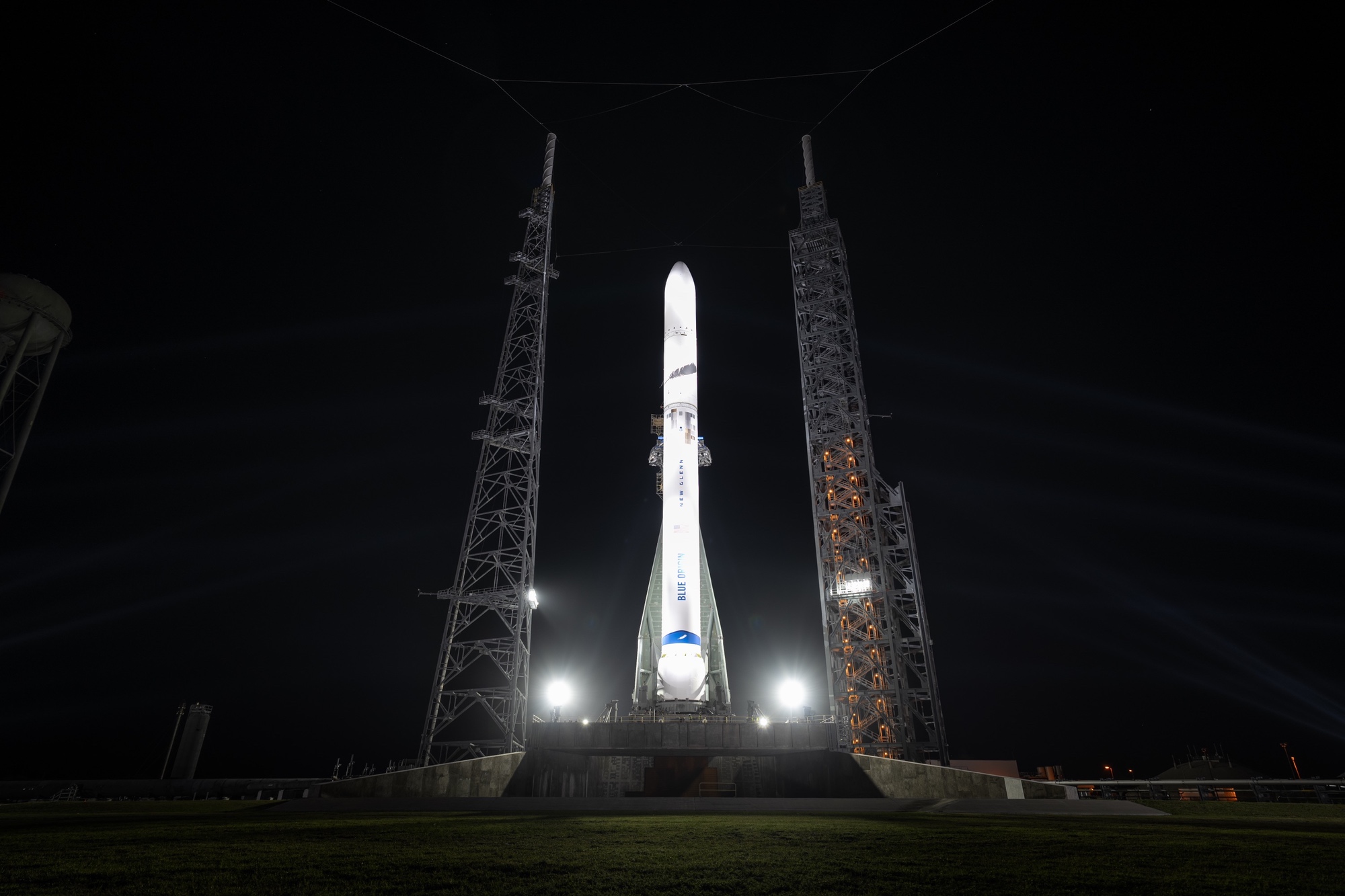
The Department of Defense has announced that SpaceX, Blue Origin, and United Launch Alliance (ULA) have been selected to compete for national security satellite launches worth up to $5.6 billion over the next decade. This marks a significant milestone for Blue Origin as it is their first time being chosen to launch sensitive national security satellites.
The contracts will be awarded through the National Security Space Launch (NSSL) program, with at least 30 launches anticipated between the three providers over the initial five-year period. The Space Force expects to award at least one launch per quarter during this timeframe.
Blue Origin's New Glenn rocket, which is projected to attempt its first orbital flight later this year, will be eligible for these contracts. ULA and SpaceX have already been competing for national security launches under the previous Phase 2 edition of NSSL.
The selection process was competitive, with seven offers received by the Department of Defense. The companies did not immediately respond to requests for comment.
ULA, a joint venture between Boeing and Lockheed Martin, has been awarded 26 missions worth $3.1 billion under Phase 2 of the NSSL program. SpaceX received 22 missions worth $2.5 billion during the same period.
The NSSL program is expected to see a total of 90 rocket launch orders in total, with a split approach of categories Lane 1 and Lane 2 to allow even more companies to bid.



